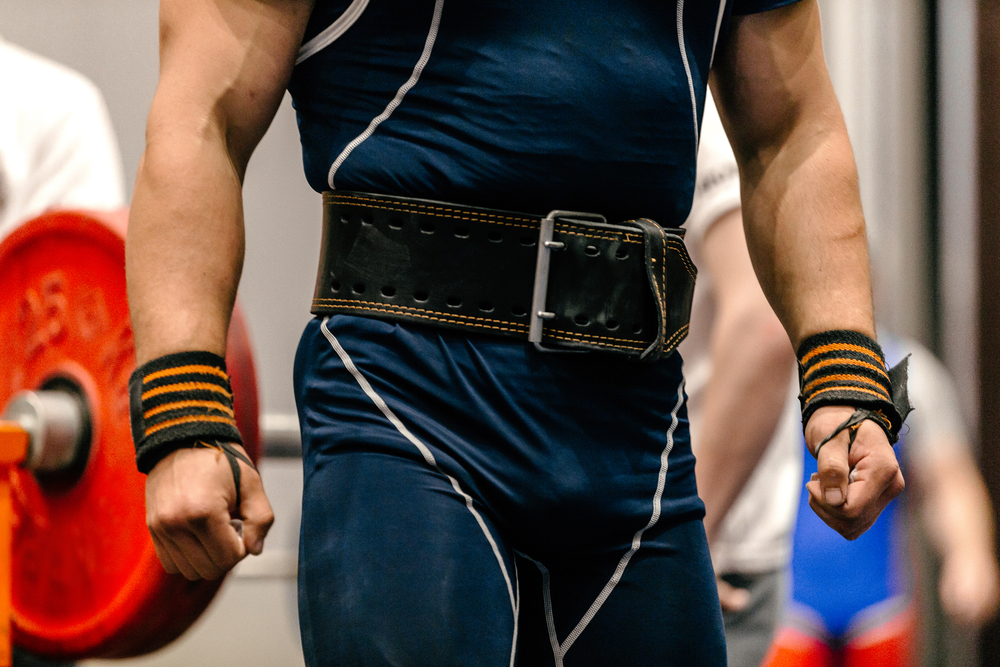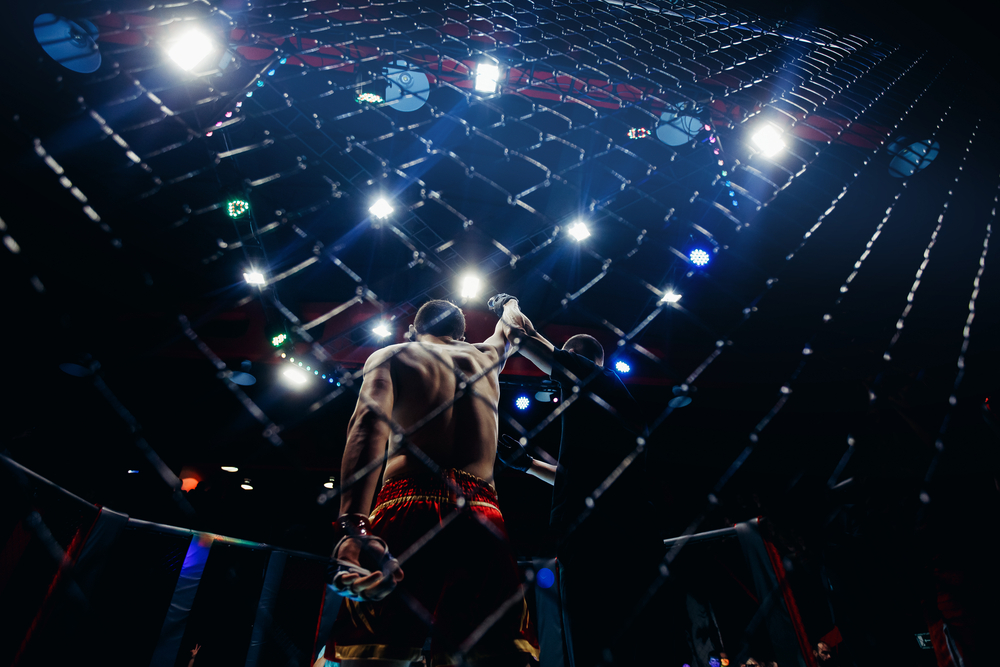
Dealing With Post Bodybuilding Competition Blues
Everyone knows that pre-competition diet and training is vital for success; however, the claim is advanced here that training and supplementation post-competition may be even more important. It is during post-competition period that significant declines in physique and mental resilience occur beyond levels established before pre-competition preparation was fully set in motion. Every bodybuilder has had episodes of bingeing after a competition, and if they haven’t, I question if they are really human. However, it is how you bounce back from those episodes that needs to be highlighted.
 Keys et al., (1950) found there was a marked a tendency for individuals who underwent a starvation period (or an extended period of hypoenergetic caloric intake) to engage in hyperphagia (an extreme unsatisfied drive to consume food) and demonstrate significant body fat gain following release from the starvation requirements. They termed this ‘post-starvation obesity’.
Keys et al., (1950) found there was a marked a tendency for individuals who underwent a starvation period (or an extended period of hypoenergetic caloric intake) to engage in hyperphagia (an extreme unsatisfied drive to consume food) and demonstrate significant body fat gain following release from the starvation requirements. They termed this ‘post-starvation obesity’.
Fighting the Binge
Participants also suffered from notable socio-emotional disturbances, including depression and social anxiety. This persistence in binge behaviour and the associated mental dysphoria with losing the contest physique is a common phenotype of bodybuilders and fitness competitors. It would seem that a simple understanding of the post-competition period will go a long way to treating this period more appropriately:
1. While acute bingeing post-competition is of the involuntary type, subsequent bingeing is more voluntary and psychologically triggered. Awareness of psychological cues that trigger bingeing and insuring that you take proactive steps to re-engage – in adaptive, positive social situations (e.g. going out, interaction with others) may short-circuit the feed-forward loop of social isolation bingeing.
2. Cardio should be maintained or even increased during the post-competition period to both compensate for involuntary bingeing as well as to perhaps inhibit the metabolic component that appears designed to facilitate fat storage. Finally, an immediate change in training protocol may be advised to freshen up the routine and prevent needless iterations of mental fatigue of having to perform the same routine.
3. Plan, plan, plan. No-one should be left unprepared for what follows a competition. After weeks of intense training, a plan is the furthest thing on a competitors mind. But, however big or small it may be, a plan may help reduce detriments in the physical or/and mental self. A new method that has proved beneficial to competitors is Reverse Dieting; instead of heading straight to the dirty bulk, competitors slowly reintroduce more carbs into their diet, whilst slowly tapering off cardio. This allows them to enjoy the foods they have given up for weeks on end, whilst removing the guilt of post-competition binges.
Post Bodybuilding Competition Blues
Post Bodybuilding competition blues is a time of limbo for competitiors – however, it doesn’t need to be a time of anti-climax and guilt. Focus and plan. Remember, fitness is a lifestyle. Enjoy the buzz and hype of the stage and carry on. If things aren’t getting better, consult someone..a friend, a family member, a fellow competitor. Bodybuilding is not an isolate sport; social support is there to help you. Keep it going.






No Comments yet!